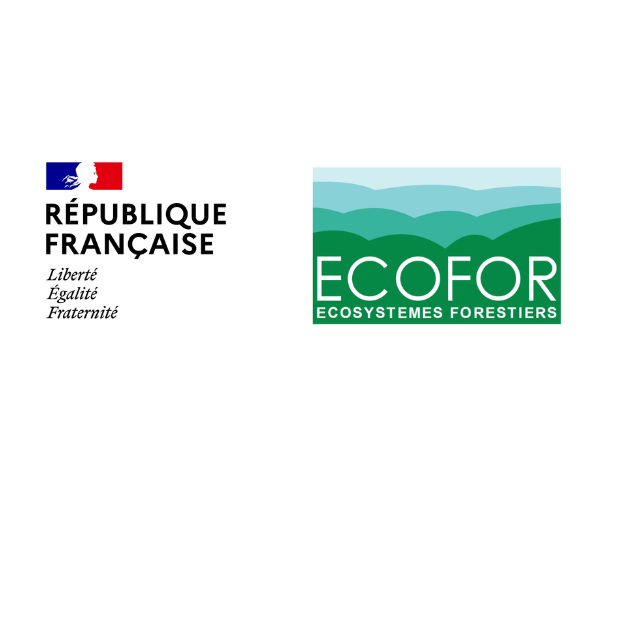November, 15th -18th, 2011 – Montpellier (France)
Over the past 50 years, deforestation of tropical forests has increased at such an alarming rate that the long term sustainability of these valuable resources is in question. The loss of one of the richest and most ecologically important ecosystems in the world has become a major international concern.
Uncontrolled harvesting, including over harvesting and poor practices, has now been recognized as an important cause of forest degradation and deforestation. However, sustainable forest management is recognized as a major tool to preserve continuous and large area of forests. Sustainability is indeed central to conservation efforts in “working” landscapes where natural resource management, biodiversity conservation, and maintenance of ecosystem goods and services are shared priorities.
In tropical forests from which scattered trees of marketable species are harvested selectively for their timber, attainment of the goal of sustainable management should include maintenance of the full range of ecosystem goods and services and biodiversity as well as meeting the criterion of non-diminishing timber yields.
After more than 50 years of tropical silviculture research carried out in the major forested regions of the world, and in the framework of the International Year of Forests, Cirad, CIFOR and Ecofor are organizing an international conference under the auspices of IUFRO (Division 1.02.00 Tropical and Subtropical Silviculture; Division 3.07.00 Forest operations in the tropics ; Division 8.02.00 Forest Biodiversity).
The conference has the following objectives:
- To examine the current state-of-art in tropical silviculture.
- To refine our knowledge on the impact of silvicultural practices on forest dynamics and species diversity.
- To explore how new, or locally developed, silvicultural approaches can complement those commonly applied for timber production.
- To reflect on the adequacy of current silvicultural approaches to contribute to long-term sustainability—what modifications might be necessary, and how might these be implemented.
- To define research priorities in forest ecology and silviculture for better conservation of tropical forests in the context of global policy instruments such as REDD and other investment funds for mitigating climate change.
More information on the conference website
IUFROmontpellier2011-abstracts